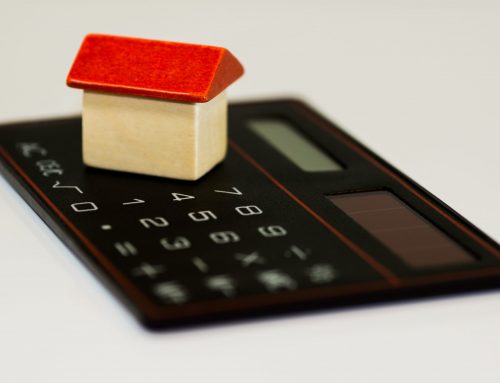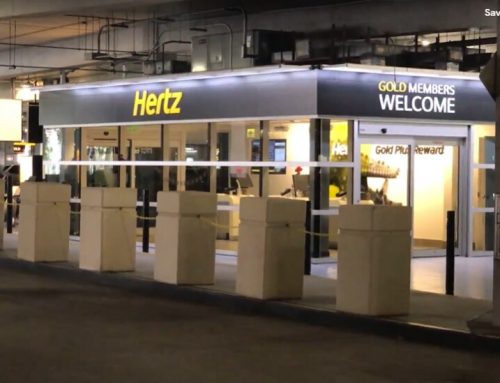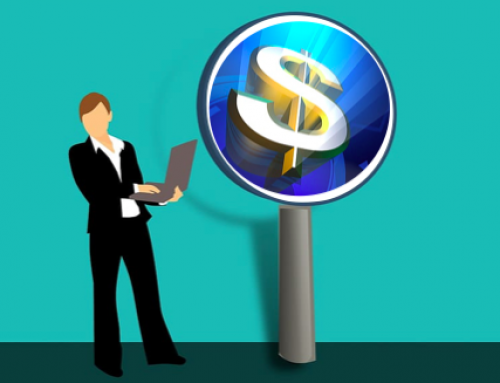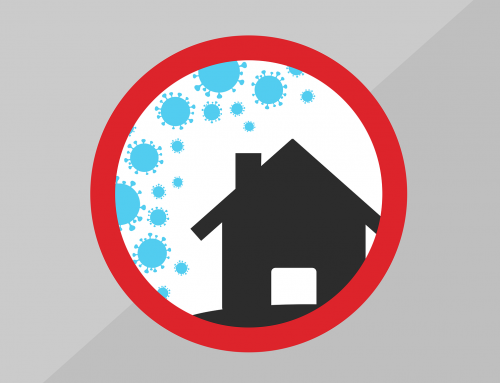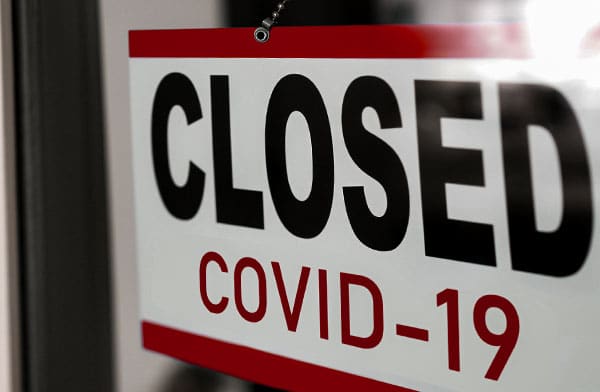 On 5/10/2020, Our Arizona Bankruptcy Lawyers Team writes:
On 5/10/2020, Our Arizona Bankruptcy Lawyers Team writes:
The spread of Coronavirus has caused many businesses across the country to restrict their services or close entirely. Some businesses that could still operate are having difficulty obtaining shipments from overseas suppliers due to labor shortages. This state of semi-shutdown is set to continue indefinitely, at least until the end of the month. Fearing an economic recession, lawmakers passed a bill to send out $1,200 stimulus checks to Americans who qualify. If you were already in debt before the pandemic started, you may be concerned about your creditors taking your stimulus check.
The stimulus checks were classified as economic rebates by the Coronavirus Aid and Economic Security Act, or CARES. If you are behind on your child support, your stimulus check may be seized to pay that debt even if you are experiencing economic hardship. If you are married to someone who is behind on their child support and you file taxes jointly, this means your stimulus check may be at risk of being seized. You can file for injured spouse relief with the IRS to try to get a portion of the stimulus check returned to you.
The Bank Could Take Your Stimulus Check
If your stimulus check is direct-deposited into a bank account where you owe money, the bank may be able to take some or all of it. For example, the stimulus check could be used to repay a negative balance on an overdrafted account. If you bank with a credit union as opposed to a traditional bank, you may have more accounts with them that your stimulus check could be used to satisfy.
While your stimulus check can’t be garnished like a paycheck, your creditors can still garnish your bank account. The stimulus checks won’t be treated like social security checks, which can’t be garnished through check or bank account. If you are afraid of your stimulus check being garnished out of your bank account, you may want to consider filing bankruptcy to enact an Automatic Stay of Protection. The Automatic Stay will prevent your creditors from garnishing your paychecks and your bank account.
America saw an increase of bankruptcy filings during the economic recession of 2007-2008. In 2007, bankruptcy filings went up 40%. In 2008, bankruptcy filings shot up another 33%. It is reasonable to expect a similar increase in bankruptcy filings due to the economic effects of coronavirus. If you are considering bankruptcy and on the border of being disqualified for a Chapter 7, the stimulus check won’t count as income to disqualify you for the Chapter 7 bankruptcy. In most cases, the bankruptcy trustee won’t be allowed to seize your stimulus check to contribute to the bankruptcy estate. This is true for both Chapter 7 and Chapter 13 bankruptcies.
IRS Can’t Seize Your Stimulus
Thankfully, the stimulus checks can’t be seized to pay off back taxes to the IRS or defaulted student loans. Federal student loans are deferred until September 30, and the tax deadline was moved from April 15 to July 15.
If you are struggling financially, you don’t have to wait until the pandemic has passed to begin the process of filing bankruptcy. We offer free phone consultations so you can discuss your options with an experienced professional 100% risk-free. We can discuss if you are at risk of having your stimulus check seized, and provide you with affordable payment plan options.
Thankfully, the stimulus checks can’t be seized to pay off back taxes to the IRS or defaulted student loans. Federal student loans are deferred until September 30, and also the tax deadline was moved from April 15 to July 15.
If you’re struggling financially, waiting until the Pandemic is over to declare bankruptcy is not necessary. OurArizona Bankruptcy Attorneys provide free phone consultations so you’ll be able to discuss your options with an experienced professional 100% risk-free. We are able to discuss Arizona debt relief options. Plus, if you’re in danger of getting your stimulus check seized, and supply you with affordable payment plan options.


